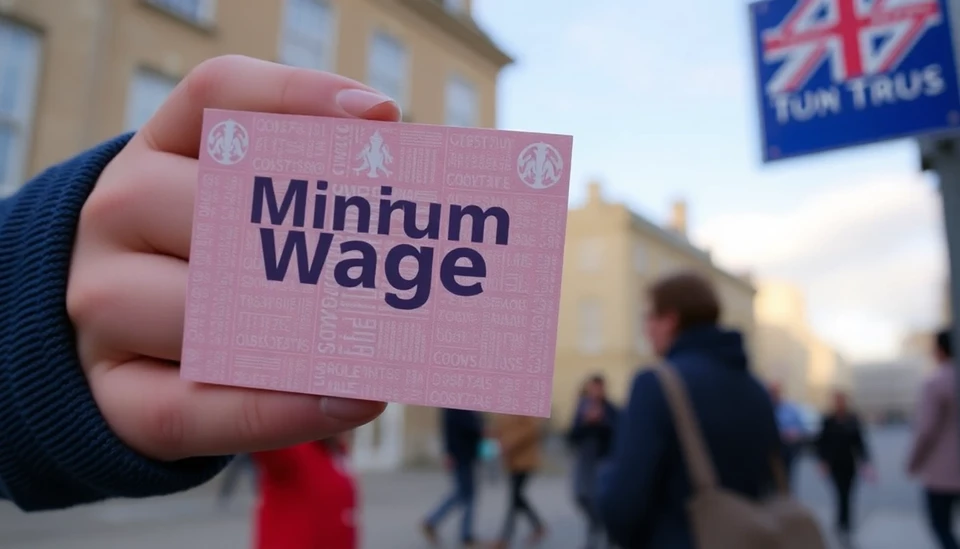
In a notable development for the UK economy, recent findings reveal a significant decline in low-paid job vacancies just weeks before the anticipated minimum wage increase set to take effect in April 2024. This surge in wage legislation is casting a shadow over the employment landscape, prompting concerns about the impact on businesses and the job market overall.
According to data from the Resolution Foundation, a policy think tank focused on improving living standards, the number of job openings paying less than £25,000 has plummeted by 14% compared to last year. This dramatic decrease is indicative of a broader trend as employers grapple with rising costs associated with both wages and operational expenses.
As the UK government prepares to increase the minimum wage to £12 per hour for those over 23, businesses in various sectors, particularly hospitality and retail, are already feeling the pinch. With profit margins tightening and operational costs rising, many employers are reportedly reconsidering their staffing strategies, leading to a cautious approach to hiring.
The implications of this wage hike are profound, with many fearing that increasing the minimum wage may further exacerbate labor shortages. A study by the British Chamber of Commerce indicates that businesses are increasingly reluctant to hire lower-skilled workers, a decision that could hamper economic growth.
Despite these fears, there is an argument to be made for the potential benefits of increasing minimum wages. Proponents assert that higher wages can lead to increased consumer spending, which could bolster the economy in the long run. Additionally, this could improve employee satisfaction and retention, as workers may feel more valued and secure in their positions.
However, the immediate reactions from the business community have been mixed. Many small to medium-sized enterprises (SMEs) express that they are particularly vulnerable to these changes, as they often operate on thin margins where even slight increases in wages can lead to substantial financial stress. Furthermore, freelancers and gig economy workers, who already face economic uncertainties, may find their opportunities diminish as businesses prioritize cost-cutting over hiring.
This situation is further complicated by economic forecasts suggesting a potential recession next year, leaving many businesses hesitant to make long-term commitments to their workforce in such an uncertain environment. The pressure is mounting as employers weigh the risks of raising wages against the potential fallout of reducing their workforce or limiting hiring altogether.
As the April deadline approaches, the ongoing discourse on minimum wage legislation continues to capture the attention of both policymakers and the public. The discussion now centers around finding a balance that supports workers while also ensuring that businesses can sustain themselves amidst rising labor costs. This ongoing dialogue will play a critical role in shaping the future landscape of the UK job market.
Ultimately, the forthcoming wage increase is poised to be a pivotal moment for the UK economy, one that will test the resilience and adaptability of both businesses and workers in a rapidly changing labor market. As we approach this significant event, the ramifications of the decision will likely reverberate across various sectors, underscoring the delicate interplay between labor rights and economic sustainability.
In summary, the looming minimum wage increase poses challenges and opportunities alike, making it a crucial area of focus for all stakeholders involved in the UK economy.
#UKMinimumWage #JobMarket #Economy #LowPaidJobs #WageIncrease #BusinessImpact #EmploymentTrends #LivingWage
Author: Laura Mitchell

